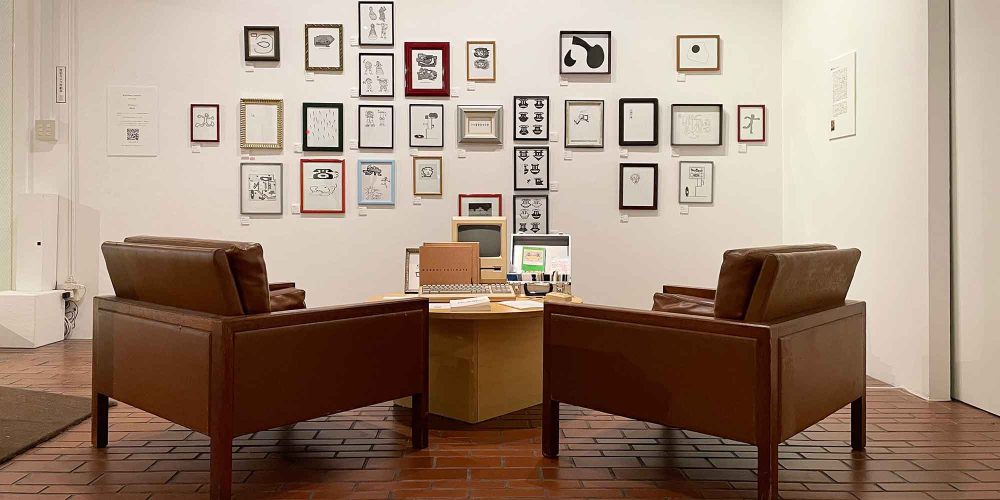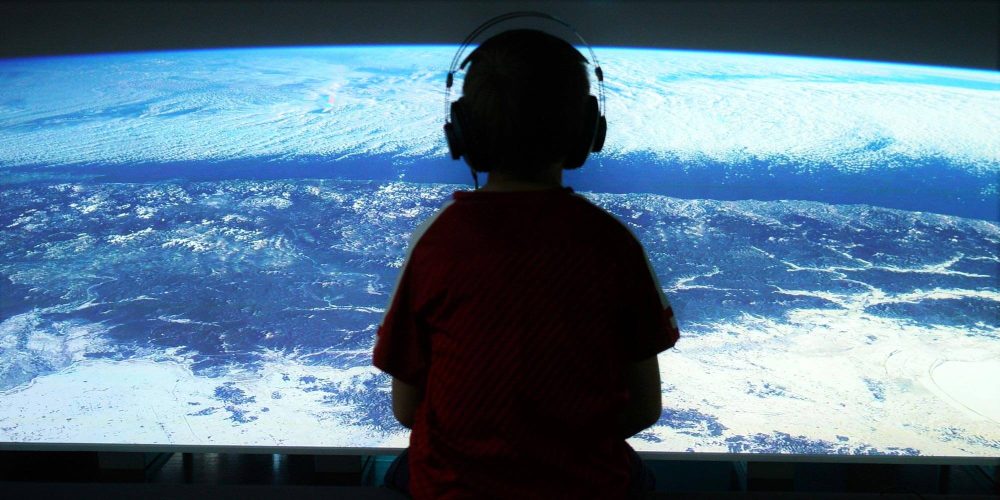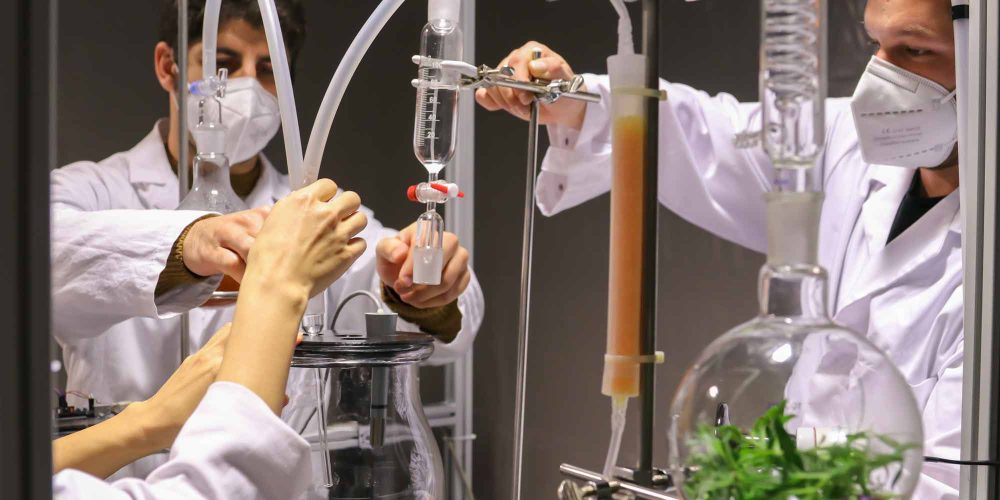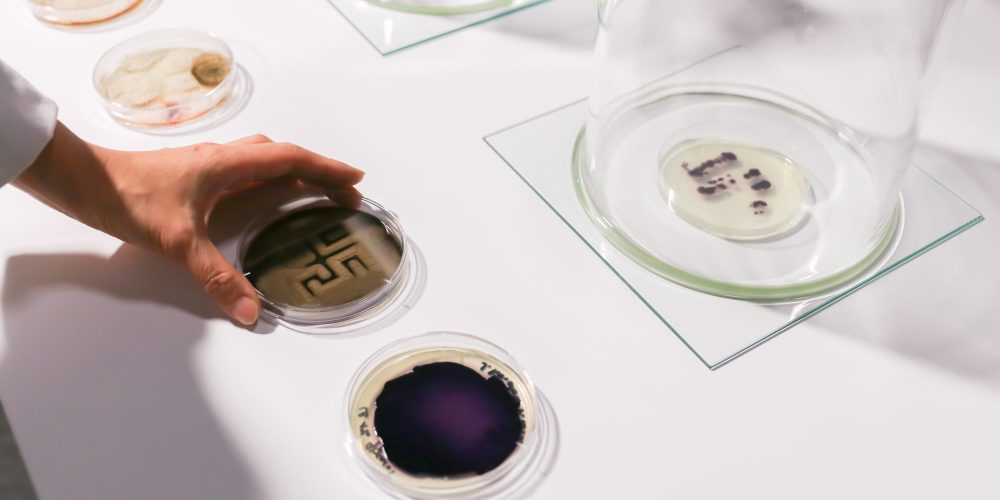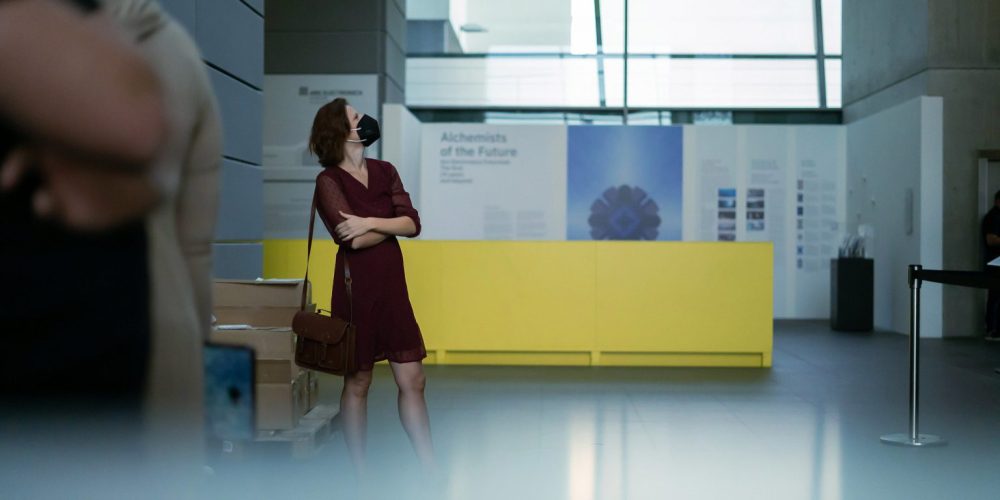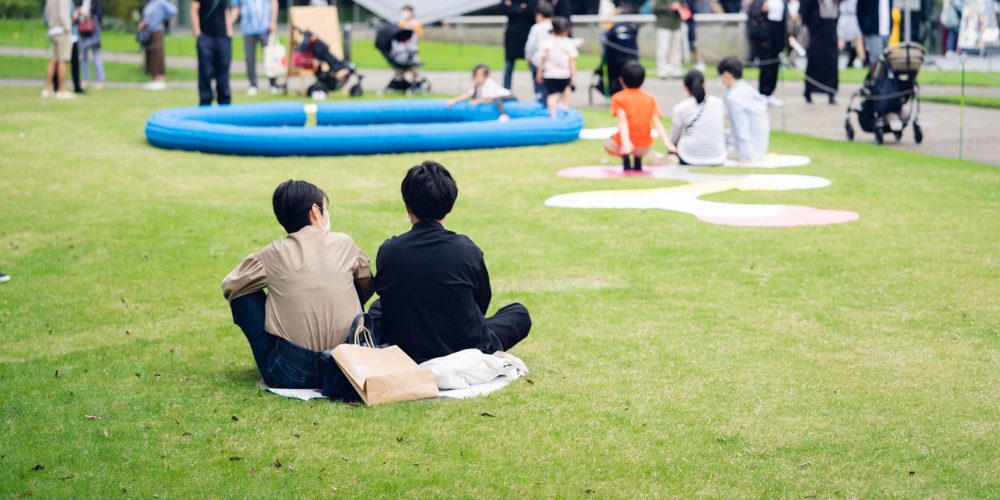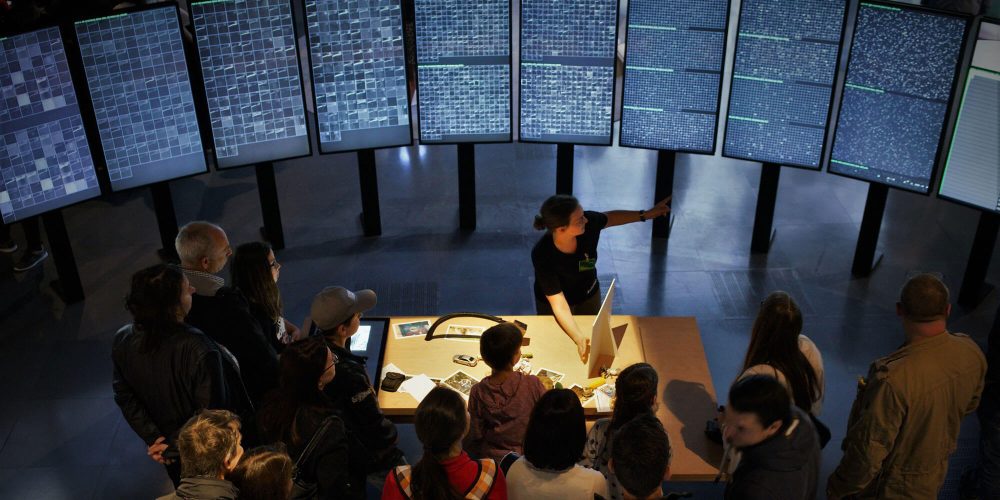
Exhibitions
-
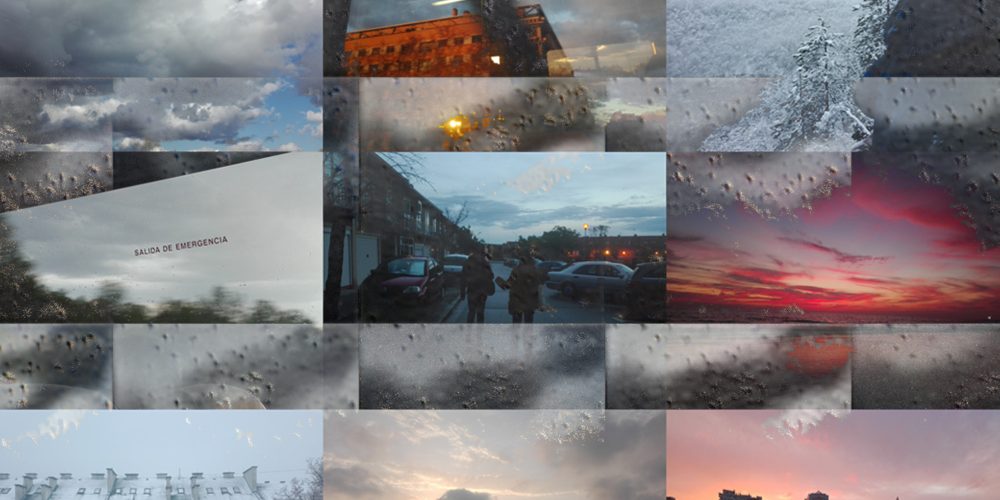
Von Schwarzen Schwänen …
… or pink doves? The Ars Electronica Festival’s Kunstunicampus attempts to think the seemingly impossible, to vision the unthinkable. Above all, the aim is to enable images and metaphors that carry a creative power within them and inspire us to create our own picture of our world.
-
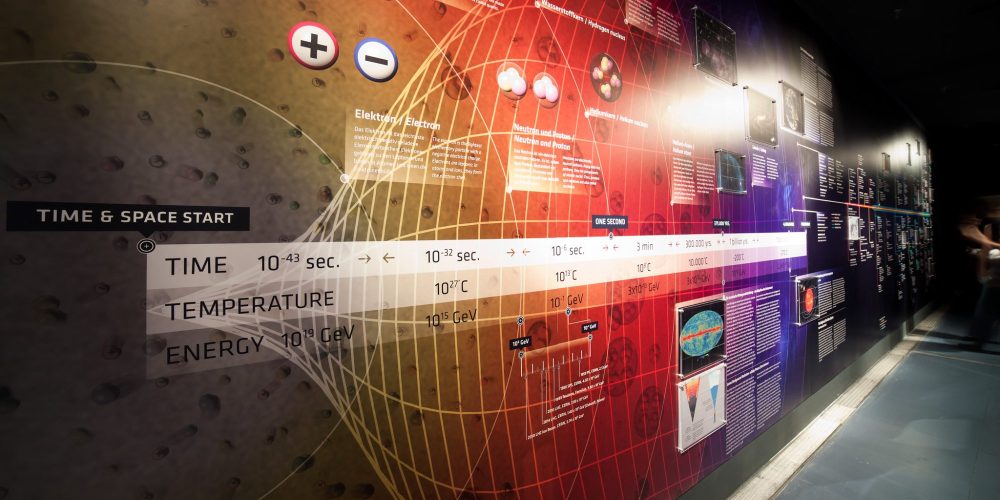
Throwback: ORIGIN – Investigating the Big Bang
The exhibition took a closer look at the European particle physics laboratory CERN, covering its history, daily activities and the ambitious goals of the global research project.
-
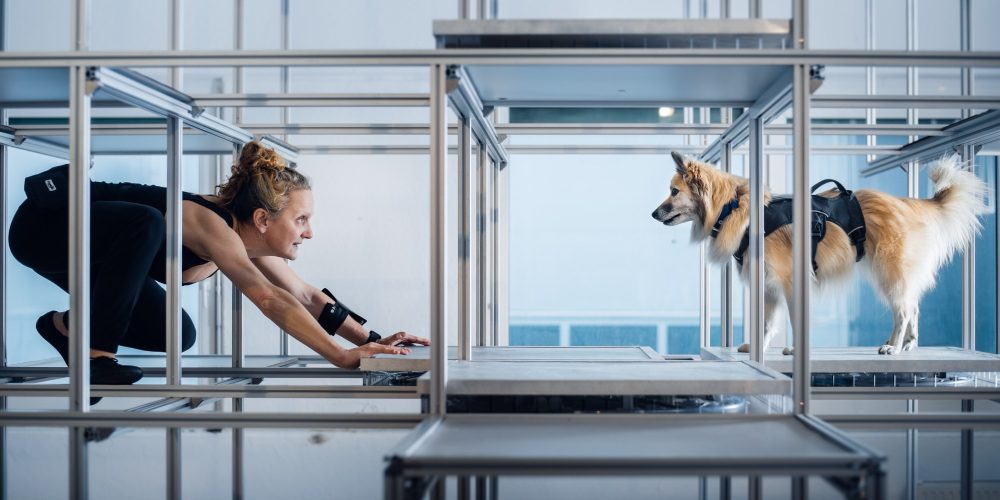
STUDIO(dys)TOPIA – At the Peak of Humankind
“STUDIO(dys)TOPIA” explores how humankind can transform sustainable practices into action and serves as a metaphor for our present, in which the concepts of dystopias and utopias find themselves in a changed reality.
-
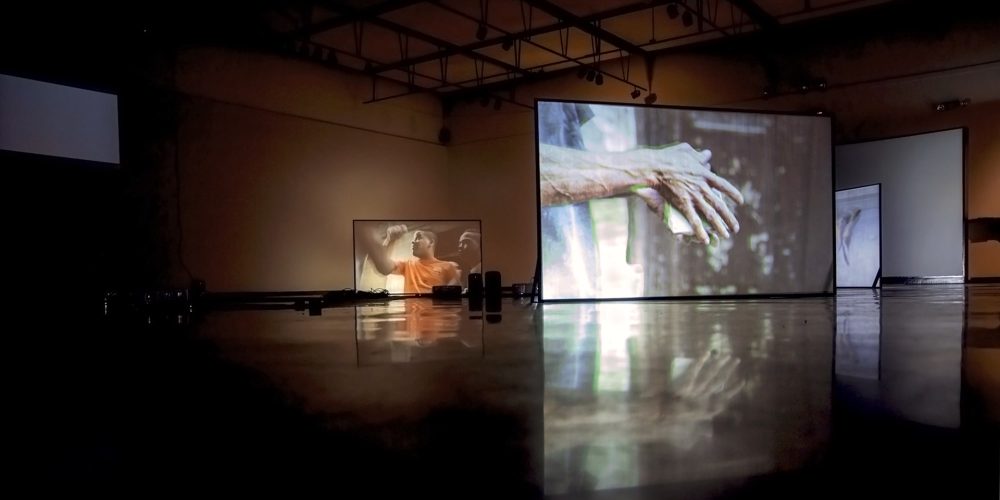
Latin American Media Art: Talent in Abundance
Latin American art meets media art: A new collaboration between CIFO and Ars Electronica aims to support the Latin American art scene and to bring a number of outstanding artists and projects closer to the international audience.
-
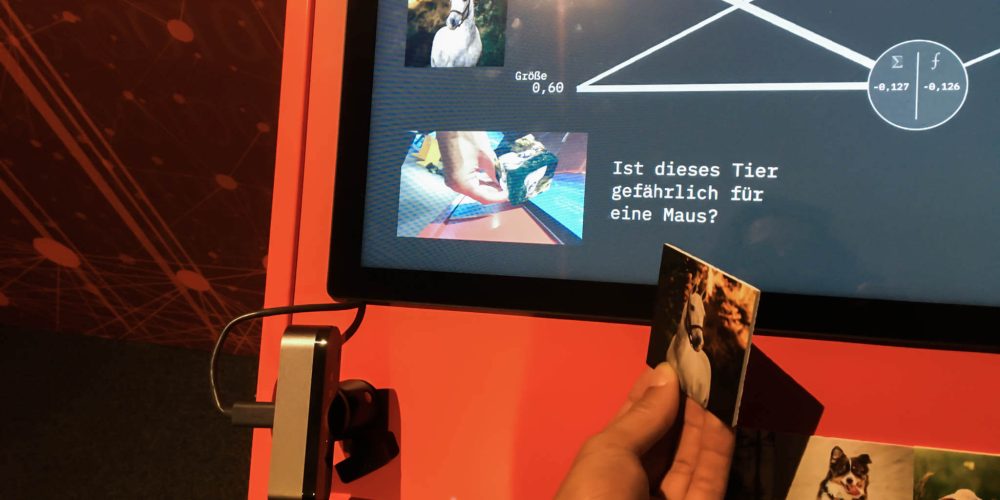
Mission AI – Experience. Understand. Co-create.
Hardly any other technology currently leaves us as perplexed as artificial intelligence. The exhibition “Mission AI” at the Deutsches Museum Bonn now also conveys a deep understanding.
-
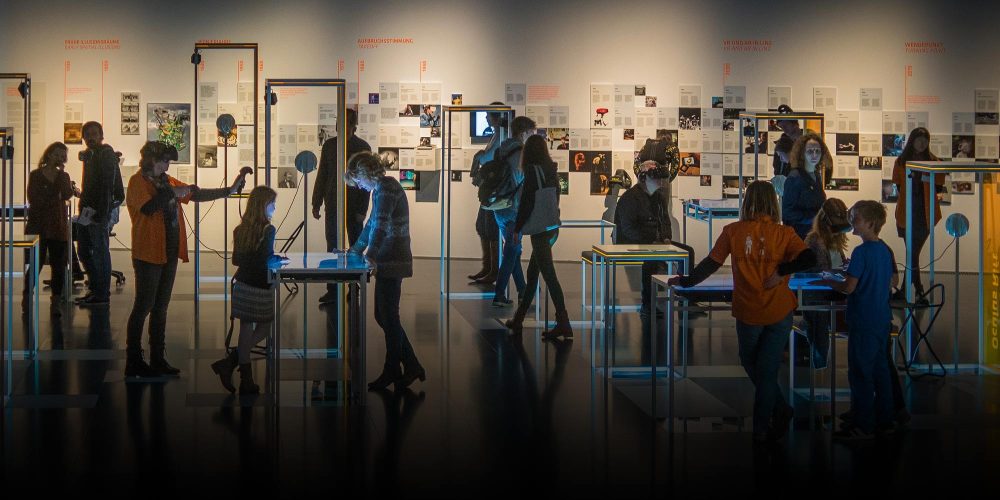
Throwback: The VRLab
At the Ars Electronica Center’s VRLab, it was possible to immerse yourself in virtual worlds and superimpose data on our reality.
-
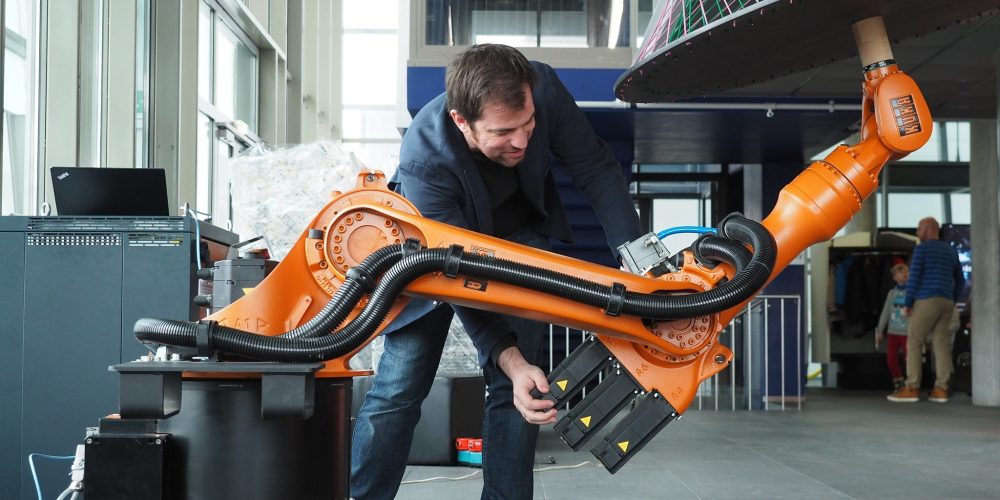
Throwback: Creative Robotics
The exhibition “Creative Robotics” traced how industrial robots, outside their original use, became a medium of artistic and creative expression and a catalyst for the implementation of innovative ideas.
-
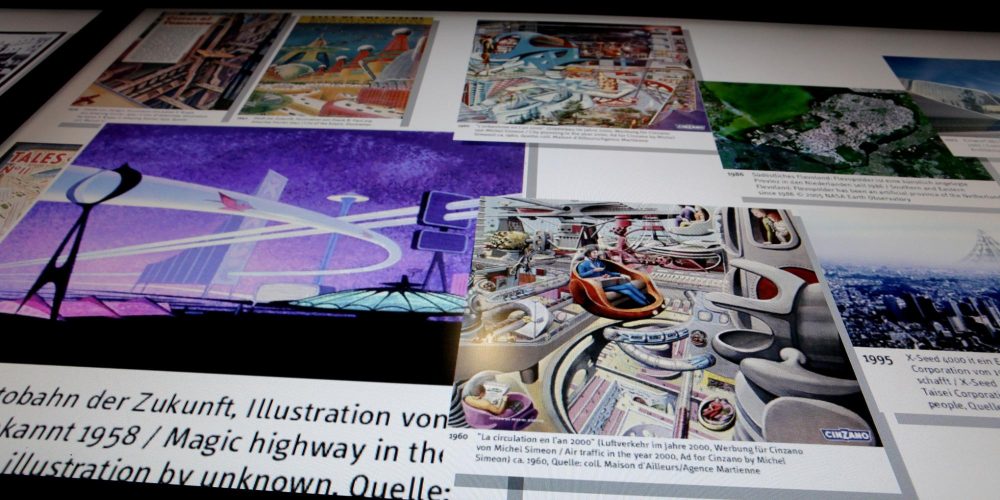
Throwback: The World in 100 Years
The exhibition “The World in 100 Years” paid tribute to great thinkers and activists who were ahead of their time and worked for a vision of the future.
-
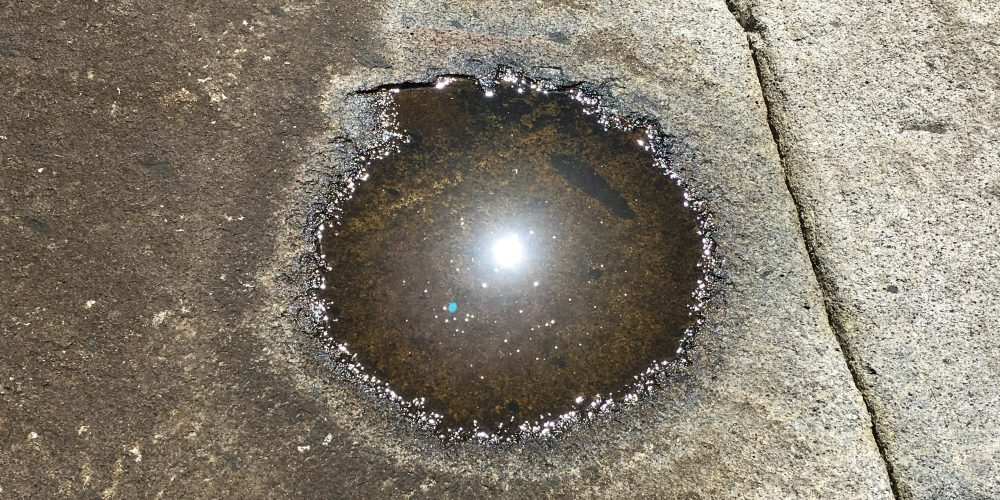
The Sky above Atacama: Chilean Artists at the Ars Electronica Festival 2022
The interaction between the Atacama sky and clouds with the local audience in Linz: these Chilean artists will represent their home country at the Ars Electronica Festival 2022.
-
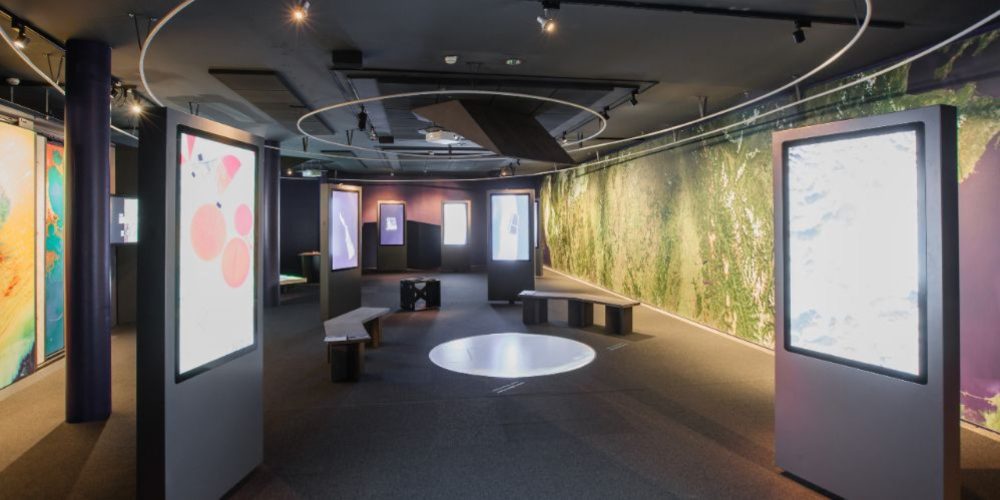
Throwback: Spaceship Earth
The exhibition “Spaceship Earth” dealt with the question of what we can learn about our planet by observing it.
-
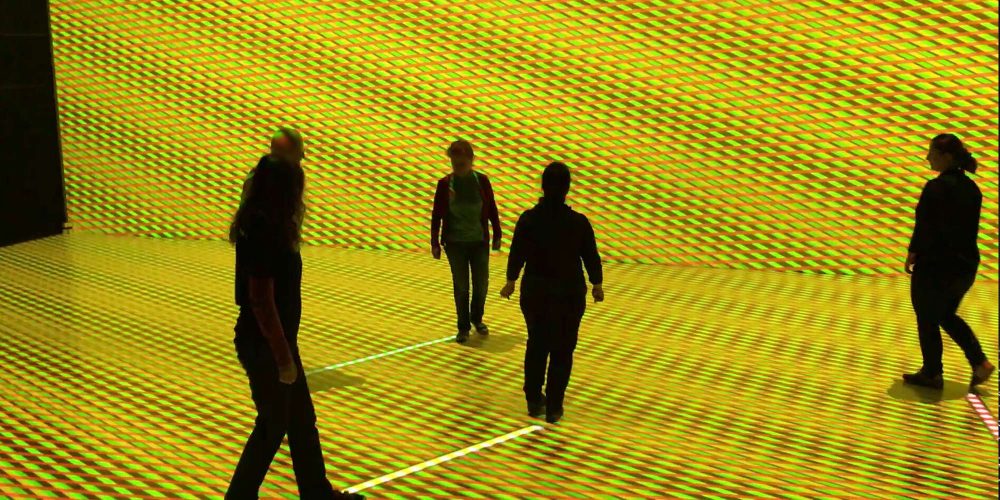
Crushed fruit and jumping dogs: TIME OUT .10
Two years late, TIME OUT is entering its next round. Students from the Linz Art University’s “Time-Based and Interactive Media Arts” program are showing selected works at the Ars Electronica Center.
-
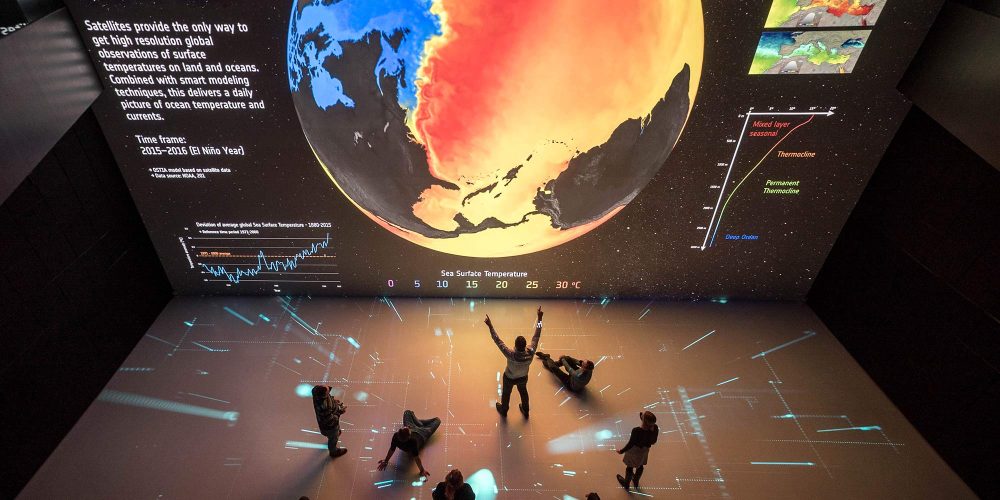
Deep Space EVOLUTION: From the Cave into the Deep Space
With the CAVE, the Ars Electronica Futurelab laid the foundation for this experiential environment in the 1990s. “Deep Space EVOLUTION” is Ars Electronica’s next chapter when it comes to immersive visual worlds.
-
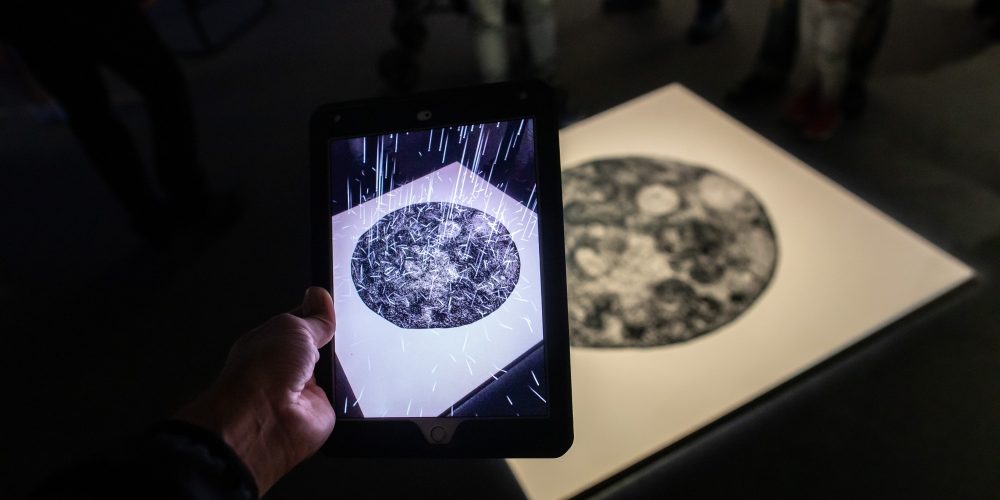
Throwback: Mirages & miracles
The exhibition Mirages & miracles at the Ars Electronica Center staged augmented reality in a virtuoso and imaginative way.
-
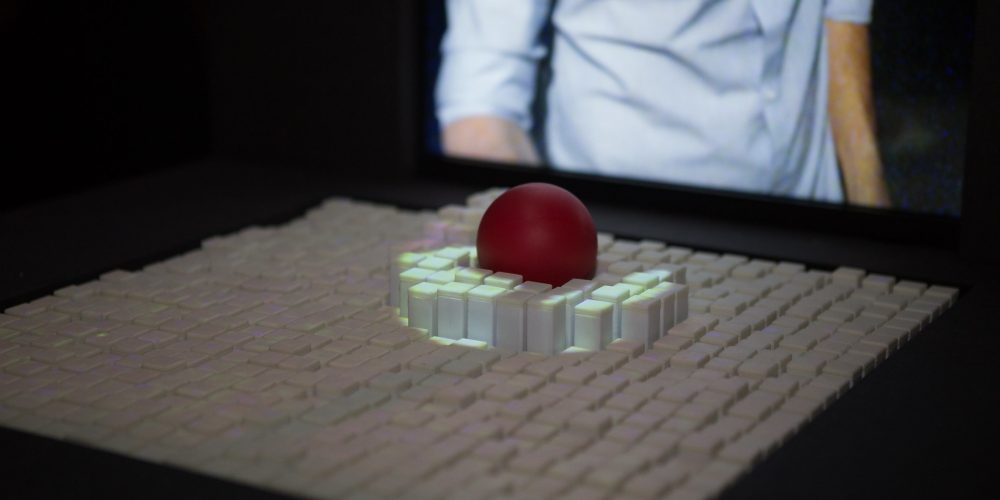
Throwback: inFORM
MIT-Medialab’s inFORM application addressed the question of how to get the digital back into the physical world.
-
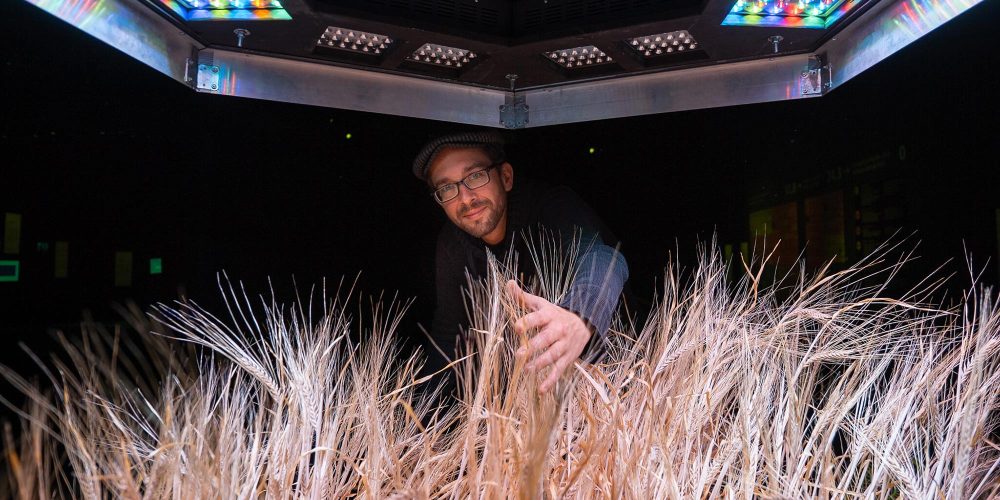
Is it really worth the effort?
Outside is winter, inside we harvest our own grain. Three months we have struggled, spent more than 400 euros, but harvested less than 800 grams of barley.
-

Join: What will your life be like in 25 years?
Share your future visions with the world – “Memo Futurum” makes this happen until the end of the year. Only in 2046 they will be recalled.
-
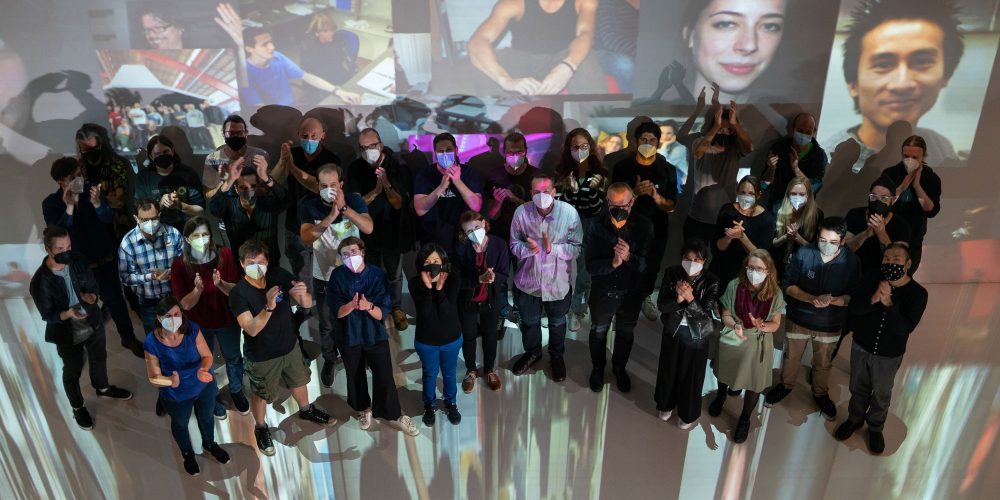
This was Ars Electronica Futurelab’s Birthday Party
On its anniversary on September 9, the Ars Electronica Futurelab celebrated the lab’s visionaries. With talks and discussions, guided tours and performances – and lots of new ideas for the future.
-
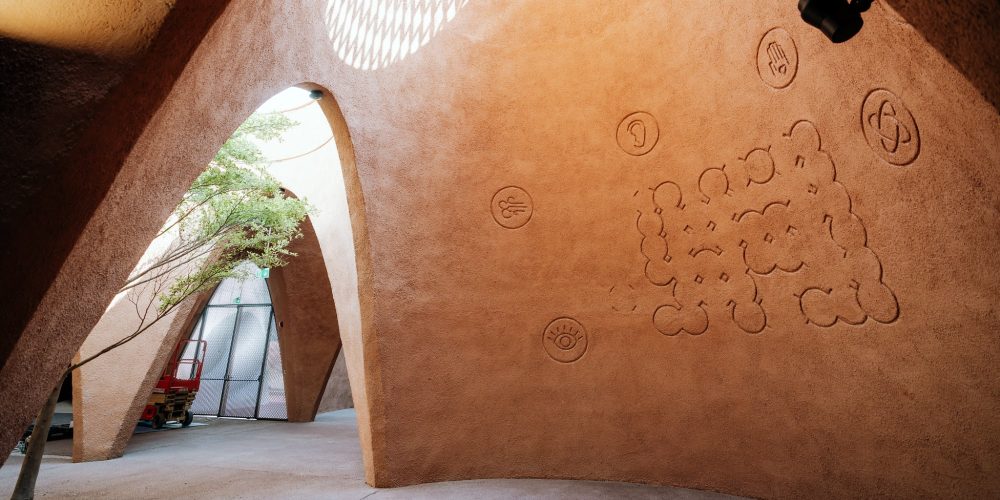
EXPO 2020: Dialog with the future
After a year of Corona-related postponement, EXPO 2020 is finally getting underway. The Ars Electronica Solutions team is playing a key role in the Austria Pavilion.
-
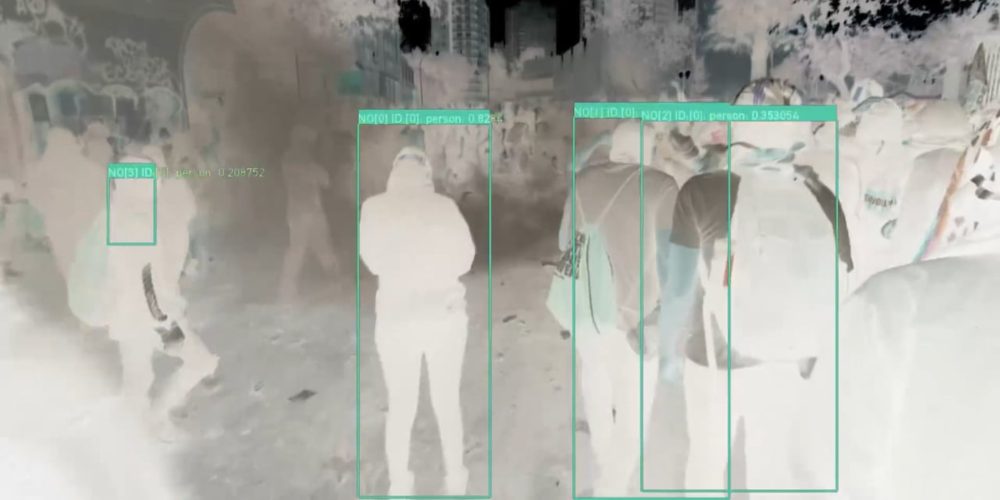
Digital Democracy: How democratic is the Internet?
Is democracy digital and how democratic is the digital? We have put together a collection of festival projects on the topic of “Digital Democracy”!
-
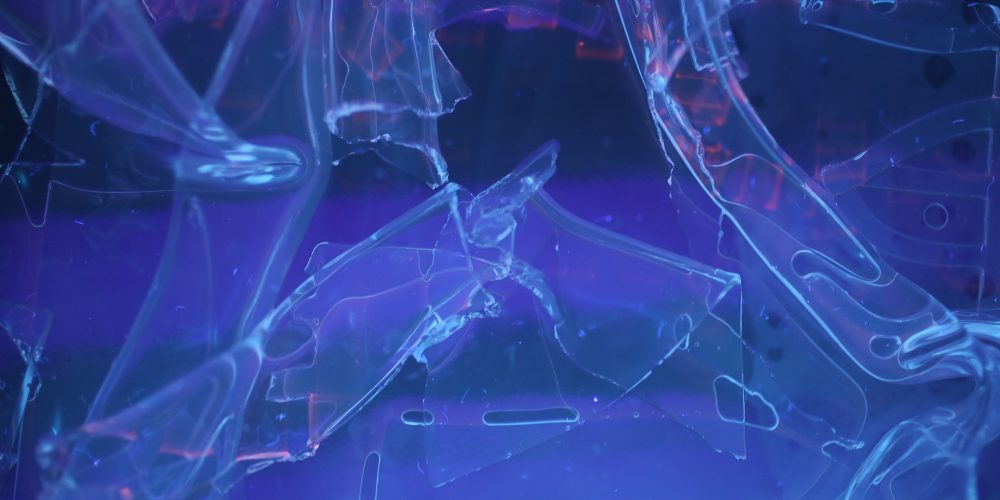
Man, machine and trust
Trust is one of those things. With a bit of luck, we gather more good than bad experiences, fall back into a – trusted – network when we stumble, and can face new experiences positively and without any worries.
-

Images of fear and glimmers of hope – new technology is possible
A wide variety of projects at this year’s Ars Electronica Festival on the theme of “Another Tech is possible” demonstrate how new technologies and inventions can help us to deal with challenges in the future.
